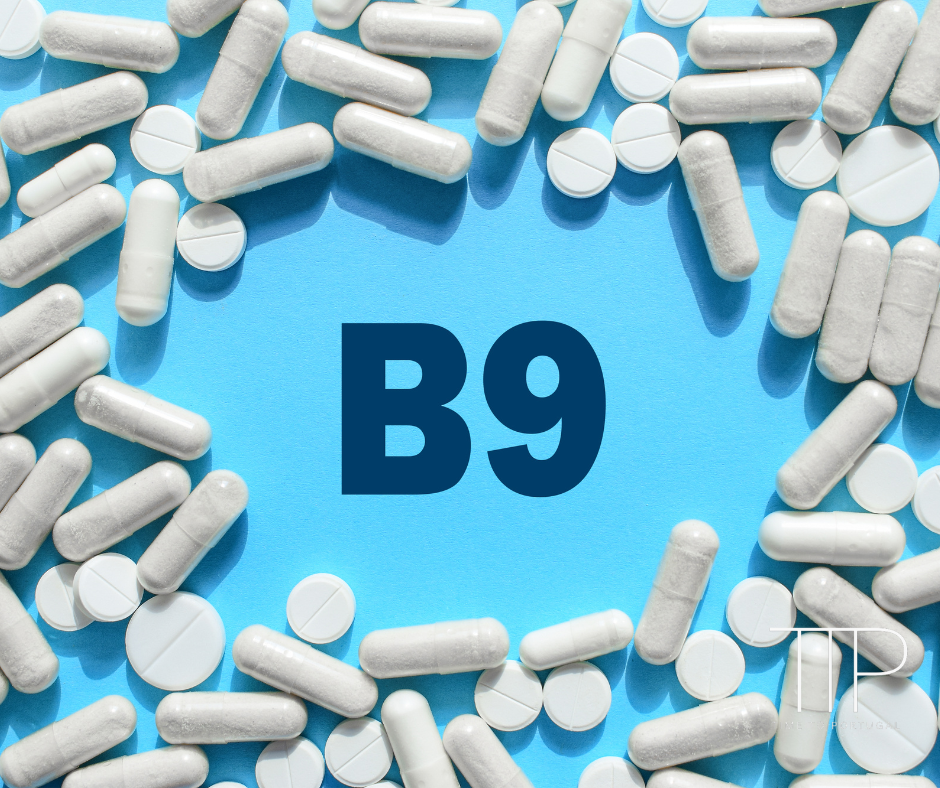Increasing the amount of this vitamin through diet or supplements can help reduce the risk of the disease by up to 7%.
A recent study has shed new light on the prevention of intestinal or colorectal cancer, highlighting that vitamin B9, also known as folate, can play a significant role in reducing the risk of the disease.
The discovery was published in The American Journal of Clinical Nutrition. The research was carried out by scientists at Imperial College London.
The research, the largest of its kind to date, analyzed data from more than 70,000 individuals to identify genetic variants related to how folate, its supplements and total folate can influence the risk of colorectal cancer.
Results
The results revealed that for those who maintained a diet rich in folate, which is present in green leafy vegetables such as spinach, cabbage and broccoli, the risk of developing bowel cancer decreased by up to 7% for every 260 micrograms increase in folate intake.
This corresponds to 65% of the recommended daily amount, which is 400 micrograms.
What are the health benefits of folate?
In addition to its contribution to preventing colorectal cancer, folate plays an essential role in the production of red blood cells, and is particularly crucial for women who are pregnant or trying to conceive.
The study also explored common genetic interactions and folate, as well as the use of folic acid in relation to colorectal cancer risk.
The researchers concluded that a specific region of the genome may modify the relationship between folate supplements and cancer risk, although further research is needed to identify the genes involved and their influence.
The study emphasizes the relevance of folate-rich foods as part of a healthy diet and suggests promising indications of how folate can influence cancer risk through different genes, opening up space for future research.

